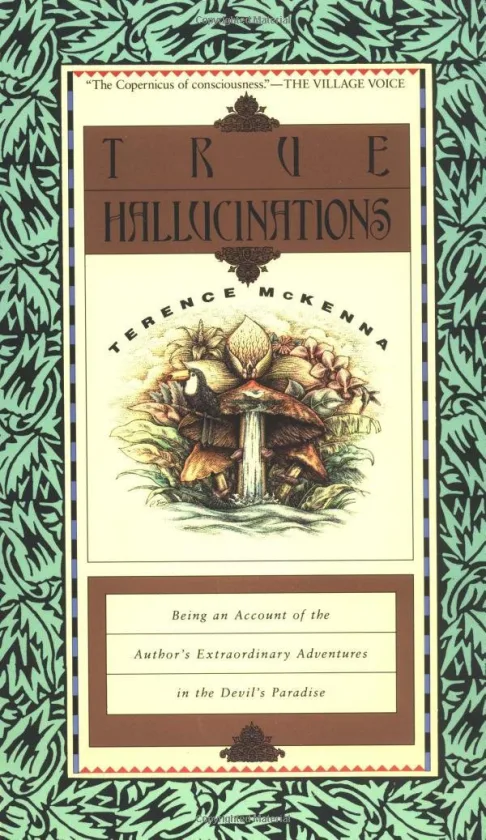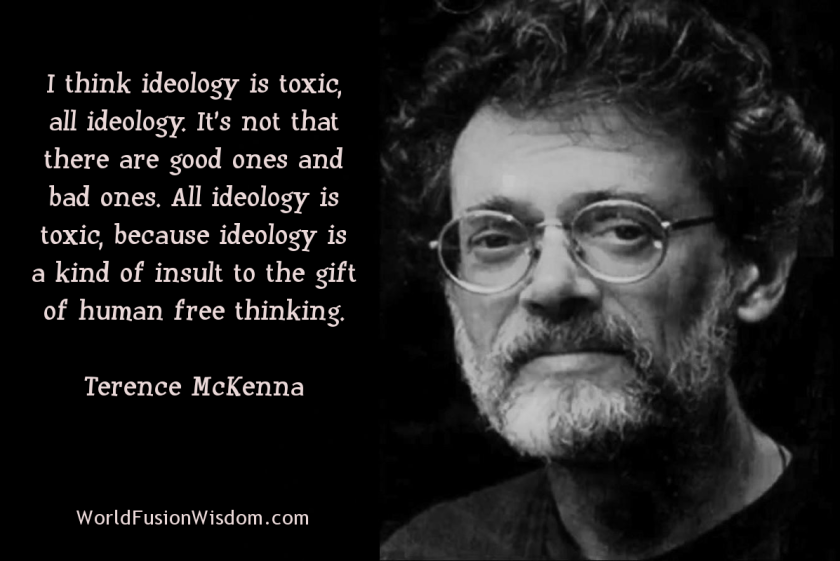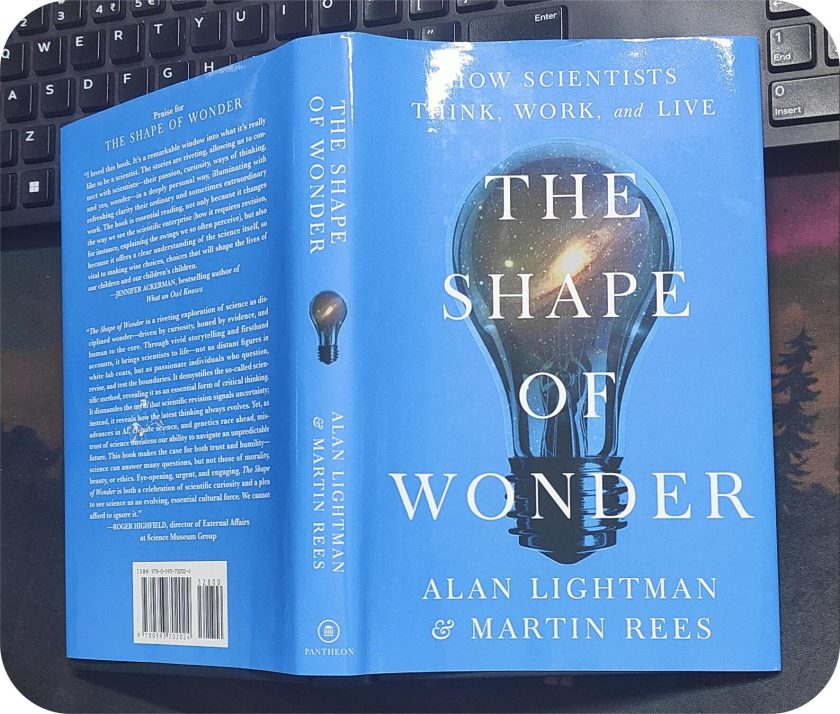
“True Hallucinations: Being an Account of the Author’s Extraordinary Adventures in the Devil’s Paradise” is a book written by Terence McKenna. It was first published in 1989. In this book, McKenna recounts his experiences with psychedelic substances, particularly during his time spent in the Amazon rainforest with his brother Dennis McKenna and a small group of others.
The availability of the audiobook version likely made it easier for me to engage with the material and perhaps enhanced the immersive experience of McKenna’s storytelling.
True Hallucinations
As mentioned before, the book is about an expedition led by the McKenna brothers and their friends. All ventured into the Amazon Basin in pursuit of a mysterious plant rich in DMT called oo-koo-he or ayahuasca. They also experienced a certain psychoactive concoction.
Crafted by indigenous peoples, (of the Amazon) this revered psychoactive blend serves as a gateway to the uncharted depths of consciousness, unveiling alternate realms and evoking profound spiritual insights. However, their quest took an unexpected turn when they stumbled upon psilocybin mushrooms, concluding their search for DMT.
The idea behind this excursion, is to seek answers about life and the workings of the universe. So, the brothers sought to transcend their ordinary perception of reality to gain insights into deeper truths via psychedelic substances. By exploring altered states, they hope to access insights that may be inaccessible through ordinary means of perception.
Terence primarily delved into experiences characterized by heightened awareness and a deep connection with the natural world, which often seemed distant from our ordinary reality. In fact, he claimed to have had profound experiences with altered states of consciousness. Due to which, he says, he developed various theories, one of the most famous being the Time Wave theory.
According to this theory, the flow of time is not linear but rather cyclical, and it follows a pattern of novelty and complexity. McKenna claimed that during his psychedelic experiences, he received insights or “downloaded” information that formed the basis of this theory.
His theories till date are speculative and are not widely accepted within mainstream science. Although, he believed that drugs served as gateways for enlightenment, his friends and others did not share the same sentiment. Additionally, the idea that his perceptions were influenced by his mind’s manipulations cannot be ruled out completely.
Psychedelic Consciousness: A Journey Beyond Faith and Perception
The experiential nature of psychedelic trips doesn’t require faith in concepts or narratives relayed by authorities like priests or preachers. The effects of psychedelics are directly observable by the user.
We already know (or read) that substances such as LSD, psilocybin mushrooms, or DMT, upon ingestion, induce a distinctive and subjective experience. They prompt alterations in the perception of time and space, as well as a profound intensification of introspective and emotional sensations. Interestingly, some people may find deep spiritual meaning in their psychedelic journey, while another may view it purely as a chemical alteration of brain function. However, there is no doubt that psychedelic experiences are one of the means of exploring the depths of human consciousness.
LSD and psilocybin primarily exert their effects by interacting with serotonin receptors in the brain, leading to alterations in perception, mood, and cognition. Consequently, there emerge the blurring of boundaries between different senses, leading to experiences where visual and auditory perceptions may intertwine.

Perspectives on Psychedelics
Last year I did a review on DMT: The Spirit Molecule by Rick Strassman. And it clearly stated that the interpretation of psychedelic experiences is highly subjective and influenced by individual beliefs, mindset, and the context of the experience.
Similarly, Terence McKenna has often presented elaborate theories about the nature of consciousness, reality, and the role of psychedelics in human evolution. While his ideas may seem far-fetched to some, they have also sparked thought-provoking discussions and inspired individuals to explore the mysteries of consciousness.
Remarkably, in both cases (referring to the two books), it’s evident that the mindset and environment surrounding a psychedelic experience play a crucial role in shaping its course and interpretation.
I do not have any first-hand psychedelic experience but after reading some related literature, I feel, it is all about the interplay between neurochemistry, perception, belief systems, and personal experiences that shapes one’s psychedelic journey.
Overall, “True Hallucinations” by Terence Mckenna is an enjoyable read, light-hearted and accessible. While it didn’t completely alter my perspective, I gained some intriguing insights and found it to be an engaging experience.



